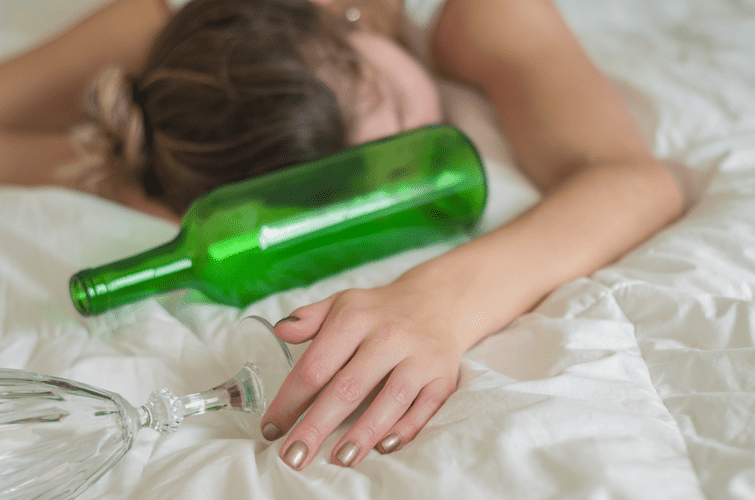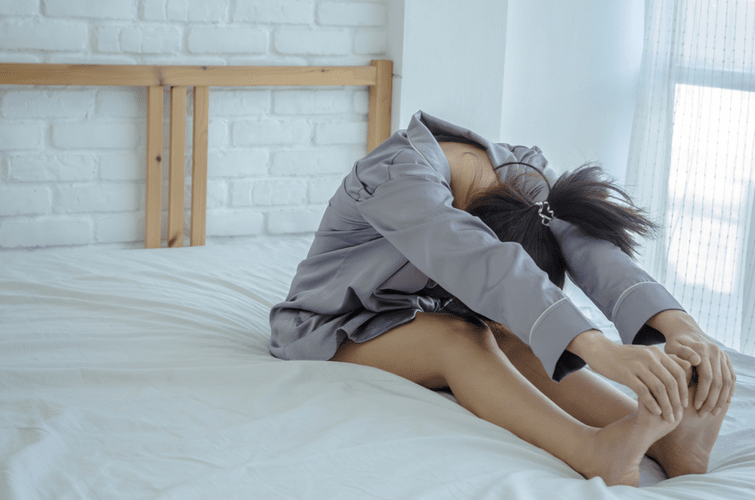Sneezing is a natural reflex that helps expel irritants from the nasal passages and throat. It is triggered by the stimulation of the mucous membranes in the nose or throat. When these membranes detect an irritant, they send signals to the brain, which then coordinates a sneeze to clear the irritant.
Alcohol allergy vs. alcohol intolerance
- This is likely because wine contains histamines, which trigger allergies.
- In some people, these reactions look like allergy symptoms even though they don’t have a true allergy to alcohol.
- Importantly, alcohol does not solely exacerbate seasonal or perennial rhinitis but can induce rhinitis symptoms in individuals predisposed to any type of this condition.
- Normally, the food that you consume, gets broken down into the substances which are absorbed by the body for nutrition and the rest gets excreted.
Researchers believe that this could be due to the sulfites used in producing white wine, as well as the histamines found in white grapes. If you have any of the above-mentioned symptoms after consuming alcohol, it is best to stop drinking and seek medical help if necessary. Alcohol intolerance is a condition characterized by unpleasant reactions after drinking alcohol, such as an upset stomach, facial flushing, headaches and nausea. It is usually caused by genetic variations in the ALDH2 gene, which produces the enzyme that metabolizes alcohol. People with less active ALDH2 enzymes have difficulty breaking down alcohol, leading to uncomfortable reactions.
Stop wondering, start testing

It’s important for people with alcohol intolerance to be especially mindful of their alcohol consumption. It is not uncommon for people to experience sneezing fits after drinking beer. This phenomenon, often called “beer sneezes”, may be more frequent than you think.
Are there any other reasons why alcohol might make me sneeze?
- In conclusion, the exact reasons behind why some people sneeze after drinking alcohol are not definitively known.
- OAS is an allergic reaction to certain proteins found in raw fruits and vegetables, which are also present in many alcoholic drinks.
- Read beverage labels to see whether they contain ingredients or additives you know cause a reaction, such as sulfites or certain grains.
Alcohol can cause blood vessels to constrict and then dilate, leading to nasal passage swelling. Staying hydrated is crucial, as water helps maintain thin mucus, promoting sinus health. For some, alcohol intolerance can provoke immediate symptoms such as nasal congestion and skin flushing. This condition can be more alcohol and sneezing pronounced in those with severe eosinophilic upper airway disease. In contrast to allergies, alcohol intolerance produces immediate, uncomfortable reactions like skin flushing and nasal congestion.
The amounts of histamine vary between wines, but generally, there is more histamine in red than white wine. Sobriety Alcohol allergy symptoms can range from mild, such as an itchy mouth or eyes, to severe, including vomiting or anaphylaxis. We will also look at what causes alcohol allergies and review the differences between alcohol allergy and intolerance. In some cases, they might use an oral challenge test to diagnose an allergy or intolerance.
- Even though alcohol is liquid, it contributes to dehydration, which can worsen sinus issues and lead to swollen nasal linings.
- Individuals with histamine intolerance should pay attention to their alcoholic choices, avoiding drinks that are high in histamine, including most wines and beers.
- Although you may be able to drink more alcohol, your body will still struggle to metabolize it.
Allergy Symptom Questionnaire

Wine and other alcoholic beverages are generally not considered as potential allergens, so if you think you may have an allergy to wine, it is important to get a proper diagnosis. During the skin prick test, drops of wine are placed on the back of your forearm and the skin is pricked through the liquid. If you experience a localized reaction, such as redness or hives, then it can be concluded that an allergy to wine exists. Blood tests are also used to measure the presence of specific antibodies in your blood that may indicate an allergic reaction to wine. Histamine intolerance is a complex condition that can be caused by several different factors.


